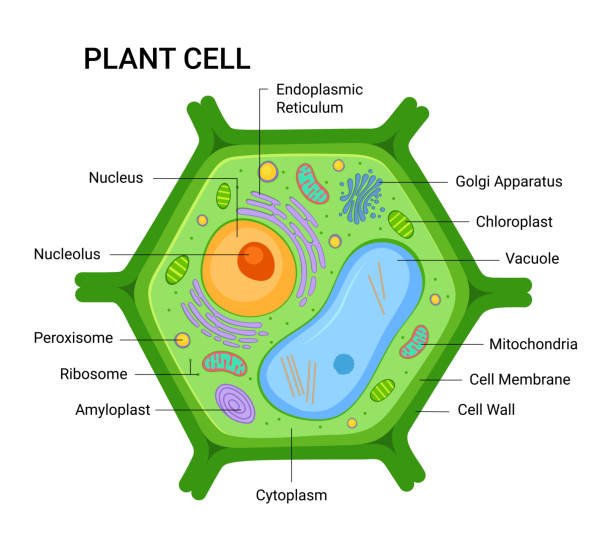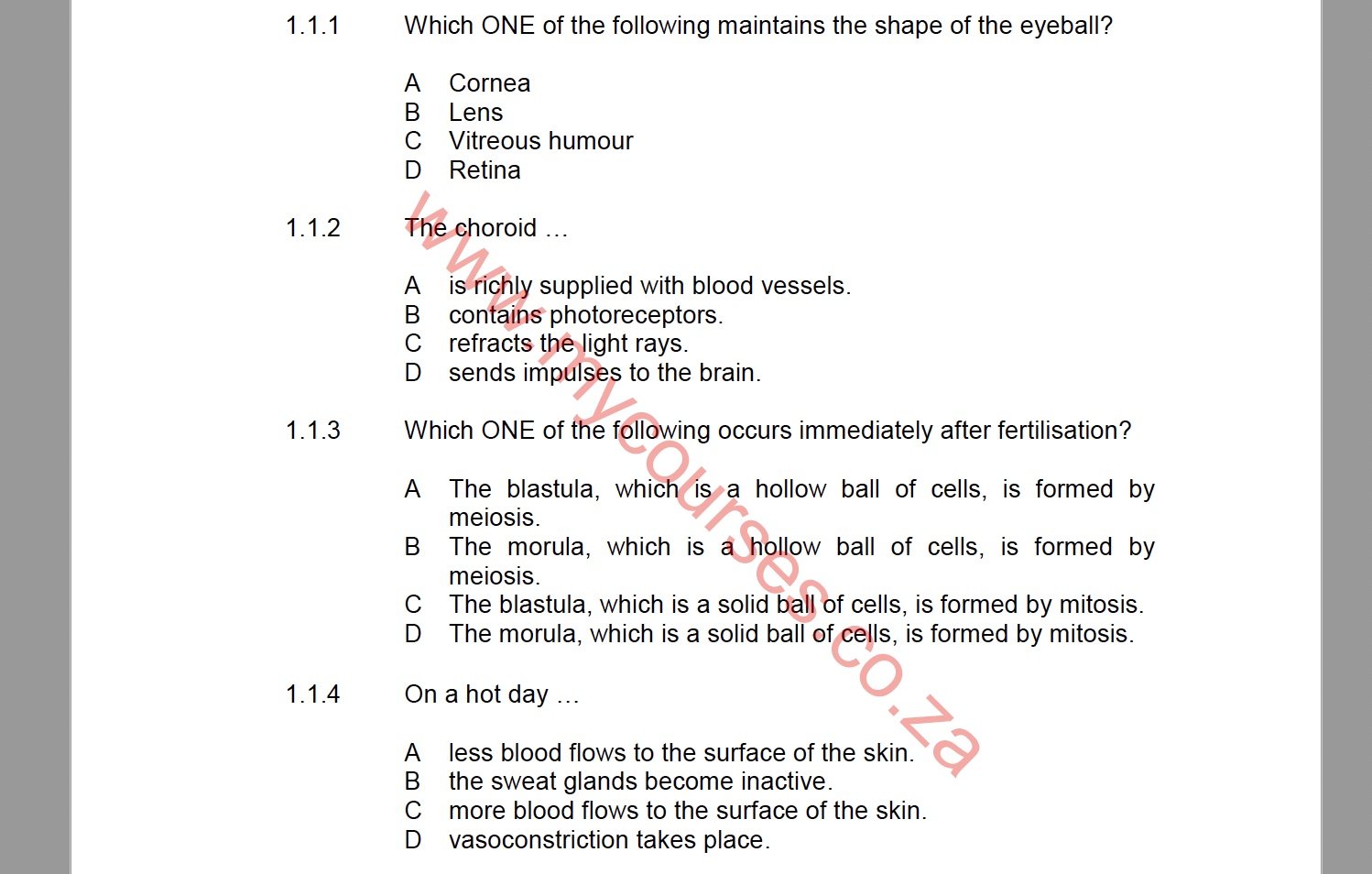Why Abscisic Acid will be in High Concentration During Winter Months:
Abscisic acid (ABA) is a naturally occurring plant hormone involved in various plant developmental processes and stress responses. Its primary role is to help plants withstand adverse conditions, notably in response to environmental stresses such as drought, cold, and salinity. ABA’s concentration is particularly high during the winter months, which is crucial for the plant’s survival and adaptation in cold weather.
Why Abscisic Acid will be in High Concentration During Winter Months
Abscisic acid (ABA) will be in high concentration during the winter months due to its essential role in enabling plants to withstand adverse weather conditions. As winter approaches, ABA levels increase to trigger dormancy in plants, a state similar to hibernation in animals, where growth slows down and leaves are shed to conserve resources. This plant hormone also enhances “cold hardiness,” preparing the plant at a cellular level to tolerate freezing temperatures by prompting the synthesis of protective proteins. ABA is also responsible for the closure of stomata, the tiny pores on plant leaves that allow for gas exchange, thereby minimizing water loss during the dry, cold winter months. Additionally, ABA maintains seed dormancy during winter, inhibiting seed germination in unfavorable conditions, and ensuring seeds do not sprout at a time when their survival is unlikely due to harsh weather. Thus, the high concentration of ABA during winter is a survival and adaptation strategy for plants in response to cold environmental stress.
Role in Dormancy and Cold Hardiness
As winter approaches, deciduous plants prepare for the cold by entering a state of dormancy, much like animals hibernate. ABA plays a vital role in this process. Increased ABA levels trigger changes that help the plant prepare for winter, such as shedding leaves and slowing growth to conserve resources.
Moreover, ABA is instrumental in developing “cold hardiness” in plants. Cold hardiness refers to a plant’s ability to tolerate cold, freezing temperatures. ABA induces changes in the plant at the cellular level that help it withstand cold stress. For example, it prompts the synthesis of proteins that protect the plant cells from damage caused by freezing.
Impact on Stomatal Closure
ABA also plays a crucial role in stomatal closure during winter. Stomata are tiny pores on plant leaves that allow for gas exchange. During the cold winter months, ABA triggers the closure of these stomata, reducing water loss from the plant and helping it conserve water when the surrounding environment may be dry or frozen.
Role in Seed Dormancy
Winter is typically not conducive to plant growth. Many seeds remain dormant during this period, waiting for favorable conditions for germination. ABA plays a pivotal role in maintaining this dormancy by inhibiting seed germination during winter. This mechanism ensures that seeds do not germinate at a time when their survival chances would be low due to harsh weather conditions.
Conclusion
In summary, the concentration of abscisic acid increases during the winter months as a survival strategy for plants to cope with cold and adverse environmental conditions. It aids in inducing dormancy, enhancing cold hardiness, promoting stomatal closure, and maintaining seed dormancy. Understanding the role of ABA in plant responses to winter stresses is crucial in the fields of plant physiology and agriculture, offering insights into how plants can be better adapted to withstand adverse weather conditions.






